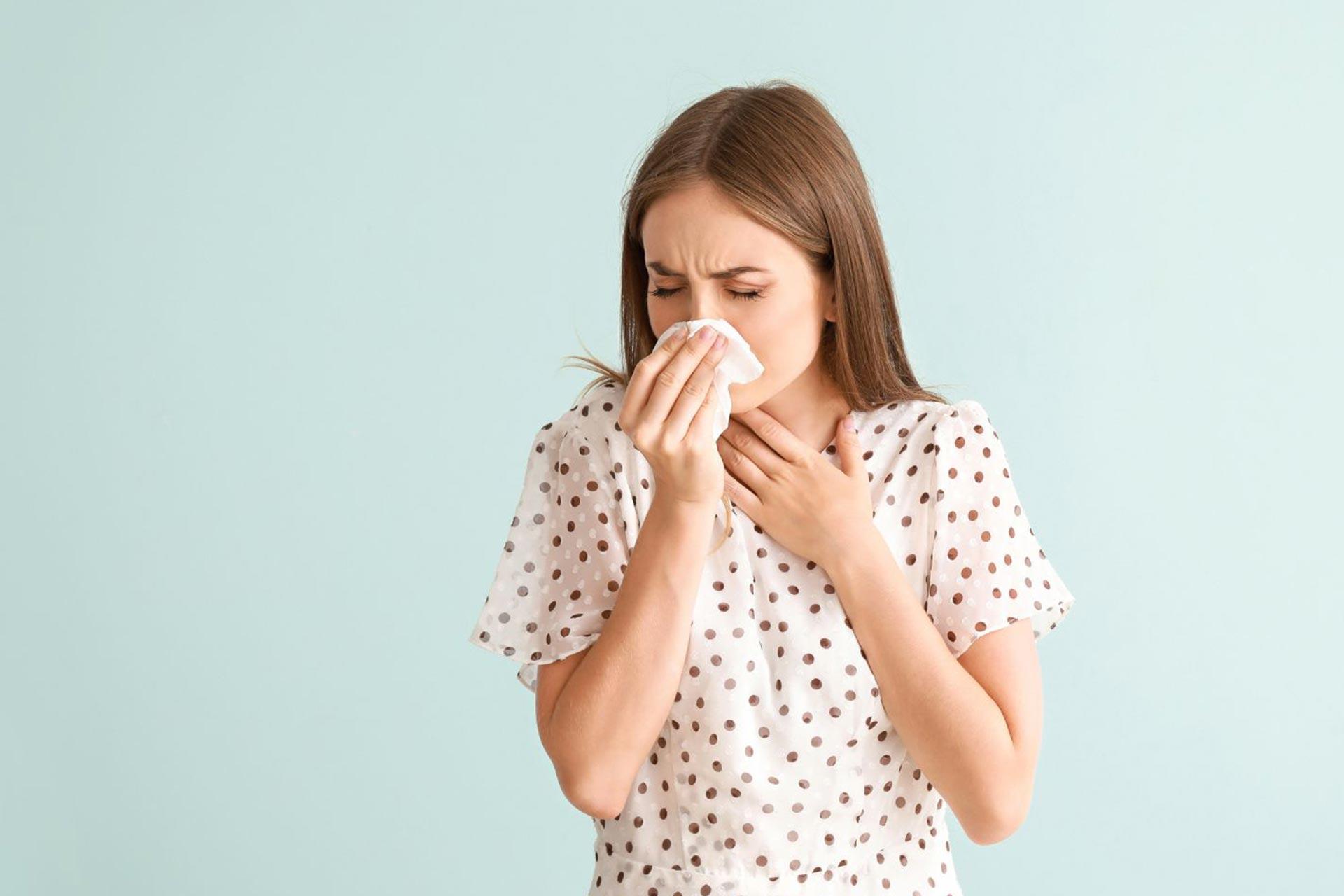Allergy is the common name for a situation in which the body’s defence, or immune system, overreacts to external factors. This may be caused by pollen in the respiratory tract, a food, or a substance that has come into contact with the skin. In other words, allergy is oversensitivity to such external factors.
Book a time at the allergy clinic >
Finding the cause of an allergy is like detective work
An appointment with an allergy doctor usually begins with a description of the symptoms. The doctor will interview the patient to learn about the symptoms, external factors and the patient’s diet, for example. Certain symptoms are typical of certain allergies, but in many cases further examinations are required. Hereditary factors also come into play: a tendency for allergies is hereditary and allergies experienced by the patient’s parents considerably increase the allergy risk.
So an allergy doctor can be thought of as a kind of detective who must put together various factors to get to the root of the problem. Doctors have a wide array of tests at their disposal, depending on the symptoms. Various skin and blood tests help determine any allergens, while there is a separate battery of tests for lung symptoms. Symptoms can be relieved temporarily with medication, but long-term treatment requires that the allergen be found in order to avoid symptoms in the future.
Desensitisation relieves allergy
Desensitisation is an effective way to beat allergies. Desensitisation is considered an option if the allergy causes an illness, such as allergic rhinitis, asthma or various eye symptoms. The purpose of desensitisation is to gradually make the body’s immune defence system used to the allergen, thereby eliminating all allergic symptoms and reducing the future risk of asthma.
Desensitisation can begin once the allergen has been identified. The specialist will collect all the basic facts and prescribe allergy tests. If the symptoms are limited to the upper respiratory tract, more extensive lung tests are probably not required. The first dose of the desensitisation substance is administered under supervision. After this, the drug is administered by the patient. A typical treatment period is three years.
The Ihosairaala currently provides tablet and solution desensitisation, with the commonest allergens being birch and hays. Our lung disease experts and allergologists specialise in desensitisation treatments; they are also experts in allergic asthma and other allergies that cause respiratory symptoms. Additional information about pulmonologist appointments is available here.
See a pulmonologist >
Most allergies can be cured
Good care instructions are available for most allergies, and in certain cases medication can be given. However, treatment mainly consists of identifying the allergen and avoiding it. That is why it is important to consult an allergy doctor if you cannot find an obvious cause of the symptoms, or if the symptoms persist. Modern tests and experienced doctors can help to find the cause and relieve the symptoms.
Depending on your situation, Ihosairaala experts can point you to the necessary allergy tests and desensitisation. Our experts are also highly skilled at diagnosing and treating children’s food allergies and asthma.
Book a time at the allergy clinic >
| Specialist consultations | Price, ALV 0% (incl. Kela reimbursement, and outpatient clinic and Kanta fee) | Price, ALV 25,5% (incl. outpatient clinic and Kanta fee) |
|---|---|---|
| Max. 20 min | 143,56 € (Saturdays 184,01 €) | 208,35 € (Saturdays 259,12 €) |
| Max. 30 min | 171,56 € (Saturdays 225,23 €) | 212,73 € (Saturdays 275,44 €) |
| Max. 45 min | 253,64 € (Saturdays 331,93 €) | 315,74 € (Saturdays 409,35 €) |
| Max. 60 min | 335,72 € (Saturdays 438,64 €) | 418,75 € (Saturdays 543,27 €) |
| Care instructions given on the phone, possible prescription | 61,16 € | |
| Statement, standard ('B' statement) | 70,22 € | |
| Statement, extensive ('B' statement) | 88,50 € | |
| Statement, extensive and thorough ('B2' statement) | 101,08 € | |
| A-certificate | 15,59 € | |
| 'E' statement (for insurance company) | 29,31 € | |
| Other certificates | From 39,04 € |






























